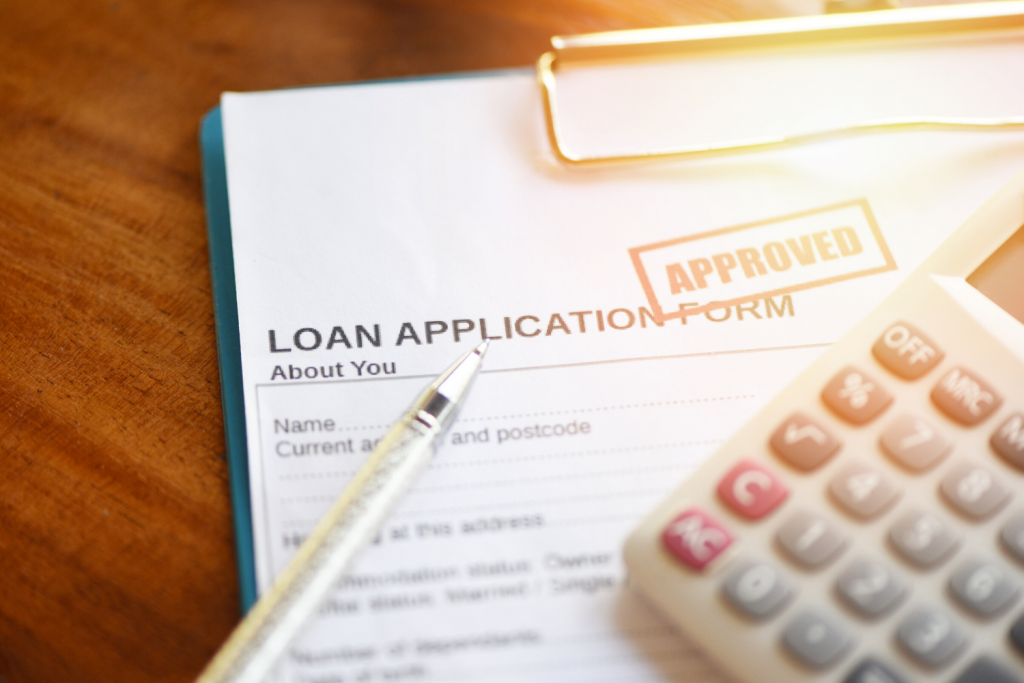Things start moving quickly when you reach a contract on the purchase of a home. In the midst of the chaos, it is particularly important to remember to budget for the various closing costs after you receive a mortgage loan approval.
Closing costs are costs associated with various expenses associated with a home purchase, such as property assessments. Even if you are purchasing a home for the first time, you are more than likely aware that there are closing expenses that you will be responsible for.
One of the closing expenses to keep in mind are origination costs. Notably, origination charges for home loans can be a shock to many first-time buyers. Origination costs are costs charged by a lender for services used to process and approve your loan application. The lending institution will likewise charge you fees for processing the loan and preparing the loan documents.
Closing expenses can be annoying, especially when it feels like you’re being nickeled and dimed to death. However, paying for the origination fees in advance will help streamline the process and overall make the entire process less stressful.
How Does An Origination Fee Work?
Origination fees are charged based upon a percentage of the loan amount. Typically, this can range anywhere between 0.5%– 1%. For example, on a $100,000 loan, an origination fee of 1% would be $1,000. Keep in mind, while you may see a loan advertised as having no origination fee, this usually means that the mortgage interest rate will be slightly higher. Basically, the mortgage lender will make its money somehow.
You’ll pay less upfront in closing expenses with a loan with no origination fees. However, you will pay more in interest over the life of the loan. Therefore, it comes down to what’s important to you and your financial situation. Assuming you do end up paying origination fees, it’s typically paid at closing together with other charges, such as the title costs and your down payment.
Origination Fees Vs. Points
To clarify, origination costs and points aren’t the same things.
While origination charges are typically represented as points, it’s possible to pay discount points, which have absolutely nothing to do with the commission. If you wish to purchase down your mortgage rate, which is totally optional, you’ll pay these discount points at closing.
For example, you might pay one point to lower your rate and another point to the bank/broker to cover their commission. In total, you ‘d pay 2 points, but for two different things.
Ways To Lower Loan Origination Fees
While it is true that the lender is going to make its cash in some way, it’s worth keeping in mind that there are ways you can lower both the origination fees and total closing costs.
#1: Negotiate
You can always merely ask your lender to waive origination costs without increasing your interest rate. While you may not be successful, you never know unless you ask. You have the best chance at saving money by negotiating with your lender if you have great credit, a straightforward earnings source, and are requesting a relatively big loan.
#2: Shop For Better Loan Origination Fees
Just as you are shopping around for various interest rates, make sure the loan choices are the exact same when it comes to loan origination fees. If one lender’s origination fees are substantially higher, this maybe this may be a good reason to pick a different lender.
#3: Get Credits
Mortgage loan lenders typically give you the opportunity to buy mortgage points so that your interest rate will be lower in exchange for higher closing expenses. One point is equivalent to 1% of the loan amount. However, you can purchase points in increments to 0.125%. You can lower your closing costs by receiving credits from your mortgage lender.
In exchange for a greater interest rate, you can decrease or perhaps remove your closing cost by taking unfavorable points. However, don’t forget you’ll pay more on the mortgage loan gradually in this manner, so taking unfavorable points makes one of the most sense if you’re going to be in the home for a short quantity of time.
#4: Gifts
Ask your lender about paying loan origination charges with gifted funds if you have someone in your family who is willing to help you out. Using gift money to help with home mortgage down payments comes with additional approval criteria. Typically, lenders have rules regarding what and who gifts may be used to pay the fee. The cash may need to come from an immediate family member who is willing to assist you in documenting the gift in a written document/letter.

